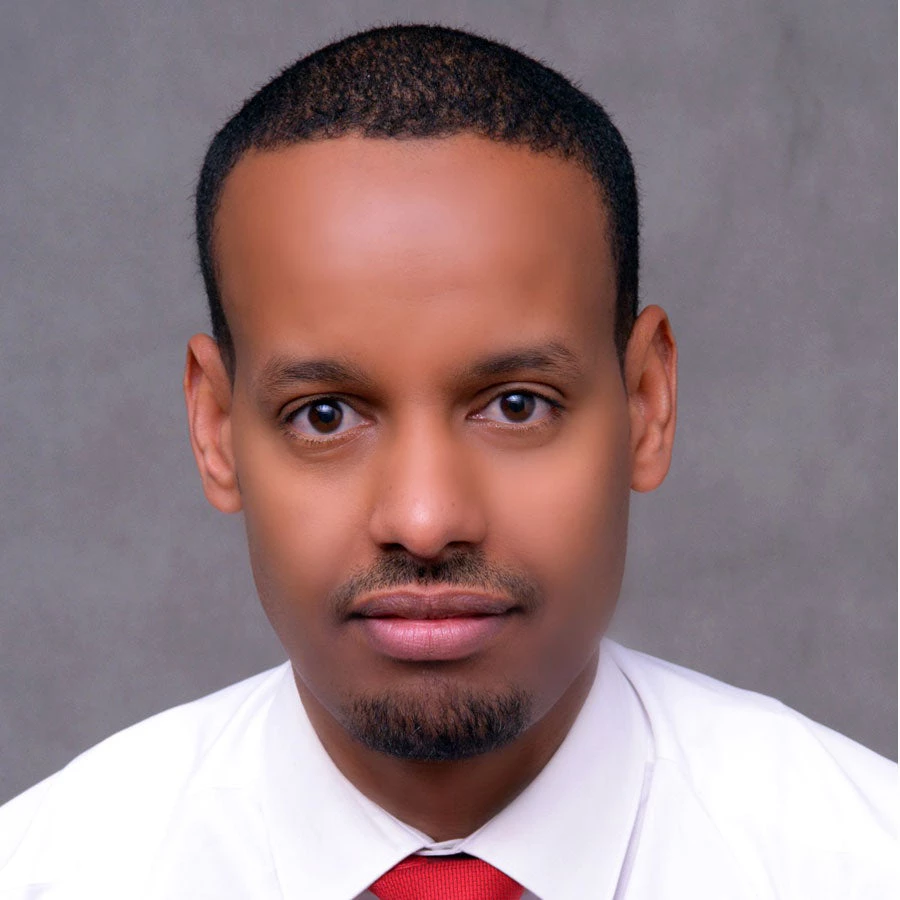 A WEDP client at her clothing manufacturing store in Addis Ababa. Photo: Stephan Gladieu/World Bank
A WEDP client at her clothing manufacturing store in Addis Ababa. Photo: Stephan Gladieu/World Bank
The COVID-19 (coronavirus) pandemic has galvanized governments around the world to develop rescue and recovery packages to support small businesses at a scale never seen before. The US administration’s CARES act, for example, provides nearly $650 billion in relief to small businesses, amounting to more than 2% of gross domestic product. A key challenge in mobilizing this rapid support to small businesses has been the difficulty in targeting the right firms – those which were viable before the pandemic, and would utilize public support to retain their workers and resume a growth trajectory once the crisis abates.
An existing World Bank lending instrument may be able to help solve the puzzle of firm targeting. World Bank credit lines targeting micro, small and medium enterprises (MSMEs) first appeared in the 1970s. Typically, these credit lines flow through local financial institutions to MSMEs on the ground, reaching tens or hundreds of thousands of firms. In normal times, these credit lines offer loans at market rates to under-served market segments, such as women-owned businesses, young firms, or mid-sized firms locked out of commercial credit. While these operations have often developed effective localized mechanisms for reaching viable and under-served firms, however, they weren’t designed for times of crisis.
In Ethiopia, this much is apparent in the Women Entrepreneurship Development Project (WEDP), supporting more than 40,000 growth-oriented women-owned enterprises with access to loans and business training. Since WEDP’s inception in 2012, $170 million has been disbursed in credit to women entrepreneurs in Ethiopia. Sixty-six percent of borrowers had never having taken a loan previously, and repayment of loans before the pandemic stood at 99.4%. Participating businesses have grown their incomes by 67% and employment by 58%.
The onset of lockdowns following the COVID-19 pandemic interrupted the progress and growth trajectory of the WEDP firms, however. Women entrepreneurs participating in WEDP were particularly exposed to the crisis due to their heavy concentration in consumer-facing sectors. As the pandemic unfolded, these firms – think clothing shops, cafes, and beauty salons – saw revenues drop dramatically, with an average sales decline of 58%.
And as small businesses suffered, so too did the small-scale lenders which were serving them. Ethiopia’s microfinance institutions (MFIs), which disburse the WEDP credit line, reach five million borrowers across the country, compared to only 250,000 reached by commercial banks. But these MFIs bore the brunt of the COVID-19 crisis, as declining loan repayments and diminished savings mobilization threatened their liquidity positions. With narrower margins and thinner buffers than commercial banks, MFIs in Ethiopia and around the world have struggled to survive the pandemic-induced shock to their business model.

An infusion of $100 million of additional financing for the WEDP operation, signed this month, aims to respond to the crisis, and adapt a traditional credit line into a tool for COVID-19 recovery. To support Ethiopia’s women entrepreneurs to weather the downturn, and to ensure that MFIs can remain viable in serving them, the new financing for WEDP introduces three key innovations. Two new windows, WEDP Rescue and WEDP X, which will bolster the existing credit line, and a new, digital approach transforms the way the government approaches business support.
WEDP Rescue will incentivize MFIs to provide increased flexibility to viable WEDP firms adversely affected by the economic downturn. The rescue facility will reduce the wholesale lending rate and provide grants to the MFIs to cover the foregone income associated with deferring repayments, reducing interest rates, and extending loan maturities. This will ensure that serving WEDP borrowers on the terms they need in a time of crisis remains profitable and sustainable for MFIs.
WEDP X looks beyond the crisis to the period of recovery and growth. The WEDP X window will harness fintech innovations and a new movable collateral registry to enable borrowers to access loans without fixed asset collateral like houses or land. Collateral-alternative products will include tablet-based psychometric tests which predict the ability of borrowers to repay a loan, point-of-sale readers which capture transaction data in a business to generate a credit score, and revenue-based financing models which better distribute both risk and upside between lender and borrower.
To complement the new credit windows, the operation is also pivoting in the way that business training is delivered to firms. Moving beyond classroom-based training, the operation will introduce a suite of e-learning tools, including a mini-MBA app tailored to Ethiopian women entrepreneurs, a heuristics-based business psychology training delivered by recorded phone messages and short-message services, and a digital assistant to track cashflows and expenditures.
These first-of-their-kind innovations will be a ground-test for our approach to MSME credit lines. We hope these adaptations can enable a traditional lending tool to respond to the challenges ahead, and help Ethiopia’s women entrepreneurs survive the crisis and thrive in its aftermath.
WEDP is implemented by the Government of Ethiopia’s Federal Urban Job Creation and Food Security Agency and the Development Bank of Ethiopia. Support from the International Development Association for the additional financing is complemented by co-financing from Canada, Italy, Japan, and the European Investment Bank.



Join the Conversation